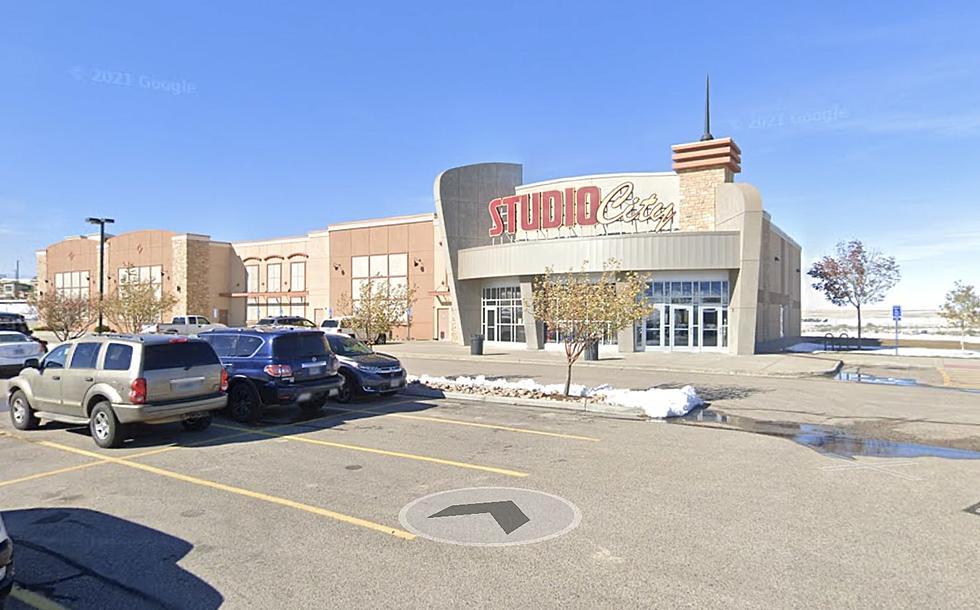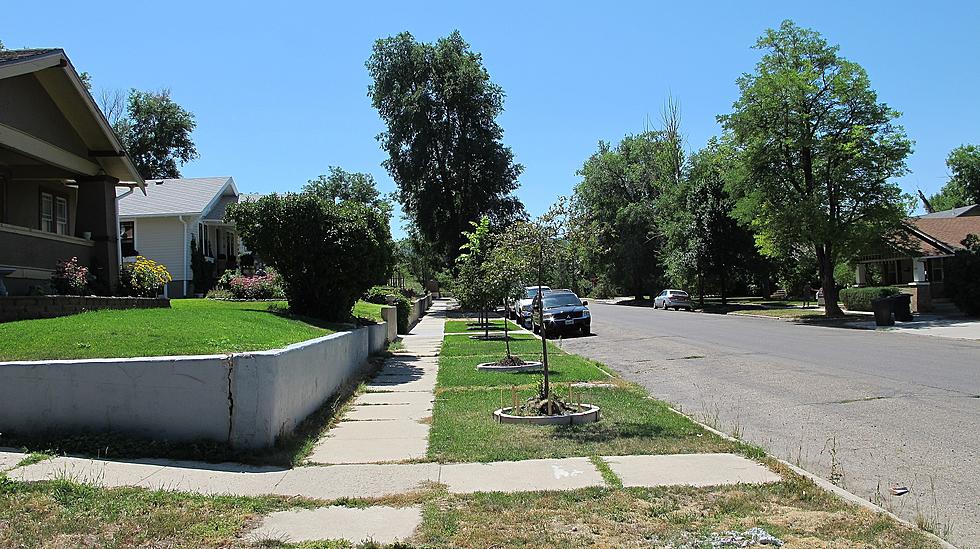
New Natrona County Group Promotes Restorative Justice
Justice is more than jail, and fostering relationships between offenders and victims is more than feel-good social work, the chairwoman of a new nonprofit said Tuesday.
Jen Miner, chairwoman of Natrona County Restorative Justice, updated the work of the group that formed last year.
Restorative justice, according to the group's memo to council, intends to transform the entire legal system, as well as families, workplaces and politics.
"It can offer more meaningful opportunities for people to become accountable for the harm they've caused, and to give more opportunities for victims to be a part of that process when decisions are made," Miner said after speaking to council. "Our intent is to foster these practices for Casper and Natrona County."
Wyoming is one of the last states to adopt the concept of restorative justice, which has been in practice elsewhere in the nation for about 40 years and overseas with benefits such as lowered recidivism rates, Miner said.
The organization operates as a special project of the Wyoming Community Foundation, and has been appealing to local governments, agencies and churches. Last year, the council agreed to be a sponsor of the new organization and awarded it $5,000, Miner said.
Natrona County Restorative Justice also received $2,692 from Highland Park Community Church, which has a ministry for criminals re-entering society, she said.
It will apply those funds to host its first conference March 14-16 in Casper, with workshops and representatives of the judiciary from two states, law enforcement from Estes Park, Colo., and educators from Fremont County.
Restorative justice does not minimize the need for punishment of people who violate others' persons and properties, she said.
But it employs professionals to work with offenders to get them to own up to their responsibility in the harm they've caused their victims, and it helps victims find some closure in what's happened to them, Miner said.
The professional work ideally results in victims and offenders meeting face-to-face, she said.
This isn't happy, mushy kumbaya, either, Miner said.
From her experience, offenders have an easier time walking into a courtroom where they don't have to look their victims in the eye, make any apology or indication of remorse, or make any amends to their victims or the community.
It's much tougher for offenders to meet with victims, look them in the eye and craft a restoration plan and to complete that plan, Miner said. "That is much harder to go through that process because that accountability becomes so personal."
More From K2 Radio









